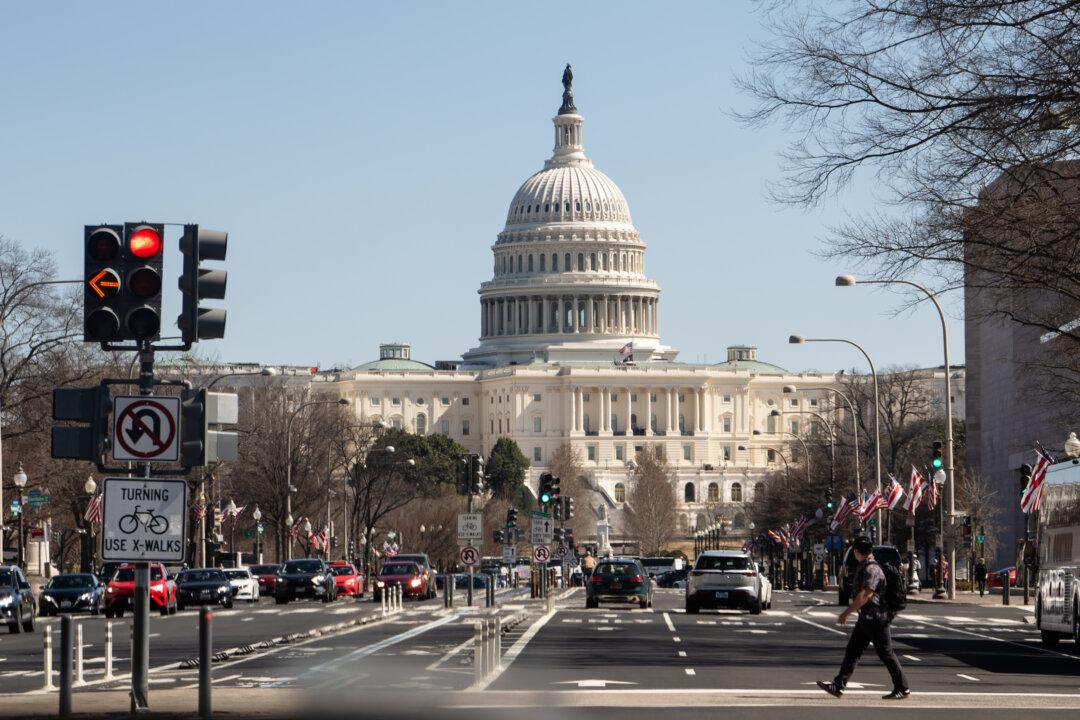Yesterday, the Senate approved a House-passed bill to extend government funding by six months, hours before the shutdown deadline.
After days of speculation about its ultimate fate in the upper chamber, the Senate agreed to final passage of the bill in a 54–46 vote on Friday evening. The legislation now heads to the desk of President Donald Trump, who’s expected to sign it.





